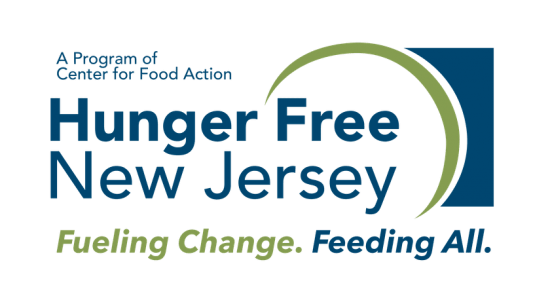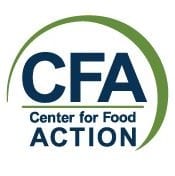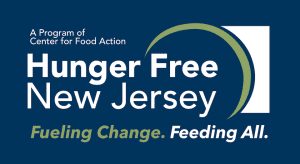The latest COVID relief package provides higher SNAP benefits and makes it easier for some to receive this important nutrition support.
The $900 billion stimulus bill, signed Dec. 27, allocates $13 billion for the Supplemental Nutrition Assistance Program, (SNAP, aka food stamps).
The relief package boosts the monthly SNAP benefit by 15 percent from Jan. 1 through June 30, 2021.
It also makes it easier for some unemployed people and college students to qualify. The bill also provides administrative funds to states to keep SNAP benefits flowing to households in need.
As the hunger crisis grows, SNAP remains our country’s first line of defense against hunger. SNAP is designed to respond quickly and effectively to address the growing need. SNAP provides a scalable solution: for every one meal provided by the Feeding America food bank network, SNAP provides nine, according to the Food Research & Action Center.
Plus, local and state economies need rapid recovery, and for each $1 spent in SNAP benefits during a downturn, local economies generate between $1.50 and $1.80 in activity.
The bill also makes investments in other critical nutrition programs:
Expands Pandemic EBT (P-EBT) to children under six-years-old, filling young children’s nutrition needs when child care is closed due to COVID-19. This bill also gives states some additional flexibilities to support the distribution of P-EBT benefits to school-age children.
Provides emergency funding to support the Child and Adult Care Food Program (CACFP) and school nutrition programs by replacing 55 percent of the total reimbursement funding lost for each month from April to June 2020, plus half of March 2020.
Establishes a task force to support online delivery systems for the Special Supplemental Nutrition Program for Women, Infants, and Children, also known as WIC.
Provides funding for Older Americans Act Nutrition Programs, including congregate and home-delivered meals, and extends waivers providing flexibility in Older Americans Act nutrition services.
Provides additional funding for the Emergency Food Assistance Program and the Commodity Supplemental Food Program.
Hunger Free New Jersey thanks our Congressional representatives and other anti-poverty champions in the House and Senate who supported these efforts to address the growing needs of struggling households in New Jersey and beyond.






